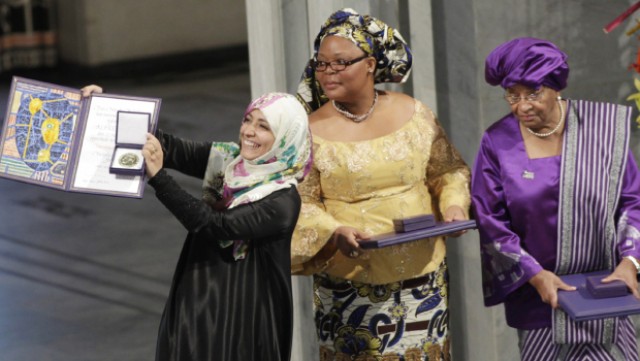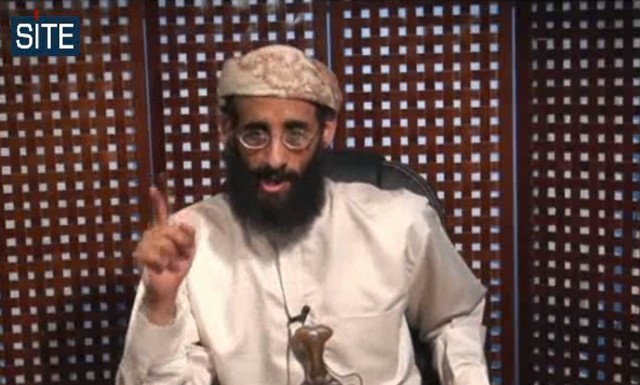- So long, Saleh: As we mentioned last night, reports had been swirling that Ali Abdullah Saleh, the embattled (and battling, judging from the violence his government wrought against citizen protests) leader of Yemen, had arrived in Saudi Arabia to strike an agreement with the opposition to end his rule. Today, the New York Times has reported that exactly that took place: Saleh signed on to an end to his 33-year tenure, but he will officially retain the title of “President” until new elections are held three months from now. Whether this is truly the end of Saleh’s influence in Yemeni politics is unclear, however — his family still holds many powerful positions in Yemen’s military and intelligence agencies. source

